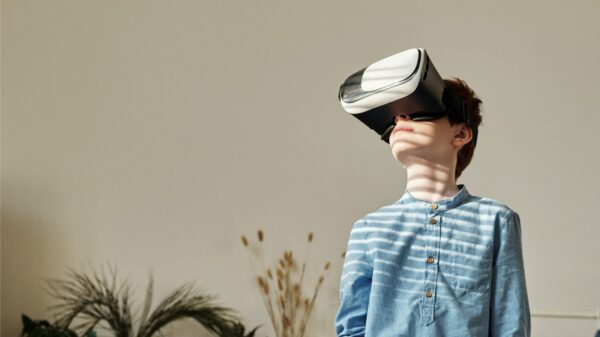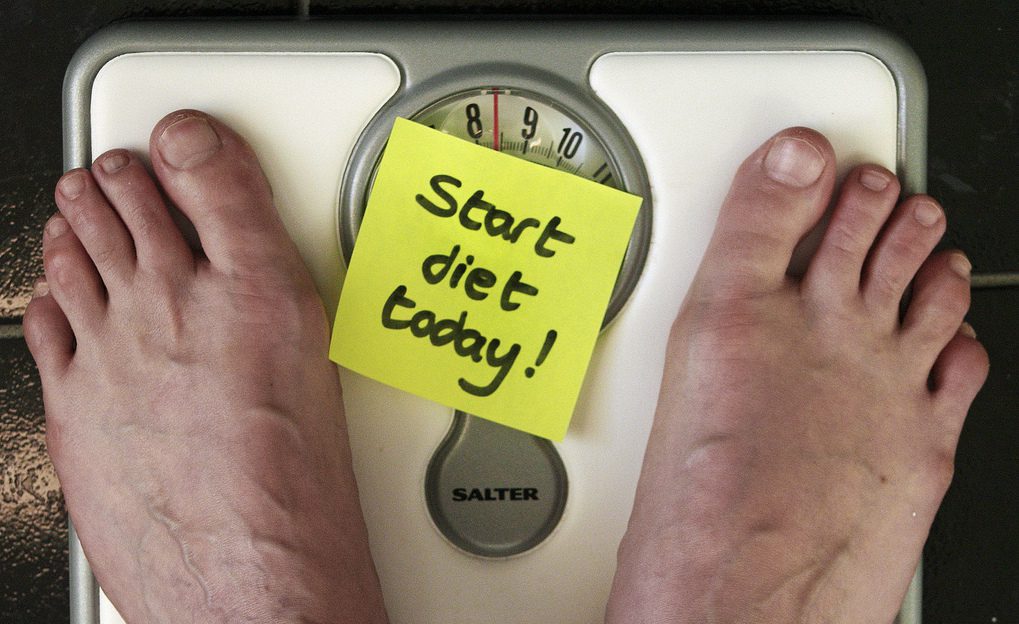Let’s talk about Body Positivity. We recently debated this topic on our last Bold TV episode, and I’d love to continue the conversation.
For those who don’t know, Body Positivity is a feminist movement that encourages women to adopt more forgiving and self affirming attitudes towards the way they look.
Some have asked, how can you debate that topic? Body Positivity is positive. Duh. But my debate partner, Carrie Sheffield, brought up some good points: she asked how does Body Positivity relate to the growing health problems in our country? With obesity rising, does Body Positivity encourage unhealthy behavior? Read more of her argument here.
However my argument is that health concerns have no place in the Body Positivity movement. I’ll get into that a little later. But first let’s talk about why we need Body Positivity.
While Body Positivity is great for any gender, we focus on women. We live in a culture that assigns value to women based on their appearance.
Looks are consequential for women, according to Psychology Today. From our romantic relationships to our careers and everything in between, looks matter for women more than men. And it’s not only men who judge women, women judge other women based on their looks too. And it starts early. Common Sense Media, a child advocacy group, says 80 percent of 10-year-old girls have been on a diet. We are told at an early age that our appearance is tied to our self worth; if you look bad that means you are bad. And we internalize this.
Gender isn’t the only identity that affects how the world sees our bodies. Body Positivity calls for representation and love for bodies we don’t usually value. Our debate mostly focuses on body size, but we need to remember bodies of color, queer bodies, differently-abled bodies and more. We don’t think of these often and we don’t see these in media because they don’t comply with our traditional European standards of beauty.
In the media we mostly see white, thin, rich, and (conventionally) beautiful men and women. We are told this is the ideal body and that if we aren’t that we need to work toward it.
Our health industry is more of a beauty industry that sells thinness, telling us the more we look like someone on a magazine cover, the happier we’ll be. We turn health into a beauty standard of its own and this interferes with our health.
We need to widen our standard of what is healthy and beautiful. Seeing one type of body and definition of health is unrealistic. Often the media’s portrayal of health in unrealistic as well – we have normalized being underweight. The American Journal of Public Health (AJPH) reported that an average fashion model has a BMI of less than 16, which is considered dangerously thin under World Health Organization (WHO) guidelines.
Magazines, TV and movies, Instagram, ads, even our next president send us messages that we need to change the way we look. Even if we are starting to see more size diversity in media, the overweight character in movies is usually goofy and asexual. We need more representation and more positive representation. The more representation we get in media the better. This normalizes the idea that being curvy, bigger, heavy, fat, whatever you want to call it, is ok.
As the wonderful Marie Southard Ospina, writer at Bustle and fat acceptance activist says: being fat “does not make me any less worthy of respect or tolerance or proper health care or equal pay or fashion or sexuality.”
Now let’s talk about Body Positivity and health. To answer our debate question: No, Body Positivity doesn’t encourage unhealthy behavior or have negative side effects.
As Ospina says, embracing her fatness “doesn’t mean that I’m saying, ‘Nobody ever care about health, ever again.’ Rather, I just want folks to reconsider what it means to be healthy.”
Health is complicated, while Body Positivity isn’t complicated at all.
Health looks different on everybody, you can’t just look at someone and judge their health status. Even BMI (Body Mass Index) scores are not a good determinant of someone’s health. The Center for Disease Control even says that BMI “is not diagnostic of the body fatness or health of an individual.”
Also, health isn’t equally accessible to everyone – factors like class, money, chronic illness, etc. change how people can and choose to live their lives.
Instead of encouraging self-love, our society body shames and encourages us to change, which is harmful for our mental health (not surprising) and even our physical health. Constant dieting is often even more unhealthy than simply being overweight and happy with yourself. A 2014 study in the UK shows those who reported experiencing weight discrimination gained more weight than those who did not. And people who are concerned about their weight have more physical and mental illness than those who aren’t, regardless of weight, according to a researcher at Columbia University.
So to those who are asking Americans to lose weight, change our diets, be healthier, body negativity is clearly not the answer. Body Positivity wants us all to be healthy, but also accepts those who don’t want to change. Either way, we need Body Positivity to feel and be healthy and happy.
Body Positivity means loving and accepting all bodies. Fat bodies, skinny bodies, healthy bodies, unhealthy bodies. Without qualifiers. As Ospina says, “The idea that someone can be fat ‘as long as they’re healthy’ suggests that an individual has to be in perfect physical health to be worthy of tolerance from oneself and others.”
Body Positivity is good for individuals and our society. Feeling good about yourself is healthy. In a society where we women are constantly judged by our appearance, we don’t need another movement telling us “we love your body…but.” We have so many other aspects of society critiquing our bodies, we need one movement that loves us and our bodies unconditionally.


























